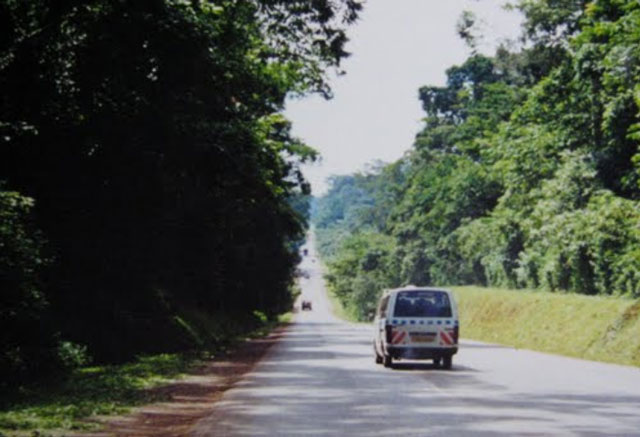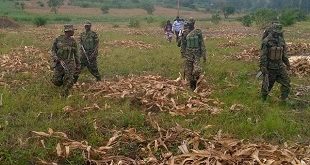
The forest sections of Nagojje in Mukono and Najjembe in Buikwe district are the most affected with a number of truck loads leaving the area each day. Residents around the forest say that often assorted timber is transported out of the forest on trucks without any check by the security officers.
About ten charcoal furnaces were set up at Bulyasi, a distance of about one kilometre from each other, an indicator that Charcoal burning is taking place from within the forest, under the watch of law enforcement officers.
More than 80 per cent of the population in Uganda depends on biomass as their main source of energy, often preferred because of its affordability. But the demand for charcoal means increased destruction of forests, the environment and nature as producers harvest whole trees from indigenous forests to overcome the need.
According to a 2018 report by the Global Environment Facility-GEF up to 6 million tons of wood are annually transformed into 1.8 million tons of charcoal. This means increased greenhouse gas emissions, soil erosion and flooding in formerly forested areas.
Bulyasi local council-LCI Chairperson John Lubega notes that it is difficult for locals to completely give up on charcoal burning despite its negative effects on the environment mainly because it yields quick money to enable them support their families instead of struggling for loans.
However, Suleiman Kaggwa one of the locals practising charcoal burning in Mabira forest says, they rely on already cut tree pieces to produce charcoal because it is practically impossible for them to cut down trees from the forest.
“You cannot make axe sound for more than an hour and you’re not arrested but since for them practice tree cutting and logging of timber we also target on what is always left behind to directly sell at the same time burn charcoal,” Kaggwa explains.
Sandra Namwanje, one of the area residents says that many of them now follow NFA monitoring schedules to collect firewood from the forest since the authority stopped the practice as well.
“Mabira is very big, the army usually go to different sides of the forest to monitor and that’s when we get chance of collecting firewood and men prepare for charcoal burning,” Namwanje says.
But Michael Ojja, the NFA officer-in-charge of Mabira sector Management Planning says that NFA only allows harvesting of mature trees within the forest about three times in a year which locals interpret as tree cutting.
Ojja anticipates that any illegal practice that happens is as a result of limited staff. He also blames the practices on increasing numbers of residents within the forest areas who failed to adopt alternative means of income generation.
*****
 The Independent Uganda: You get the Truth we Pay the Price
The Independent Uganda: You get the Truth we Pay the Price


